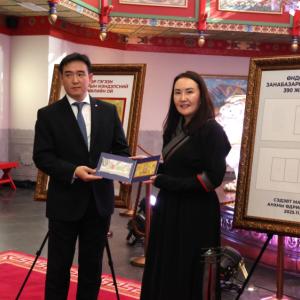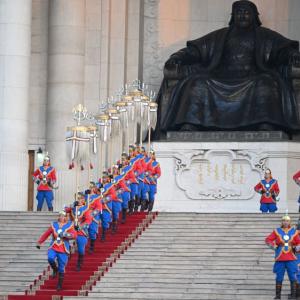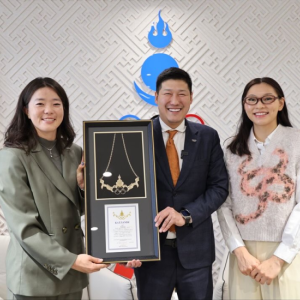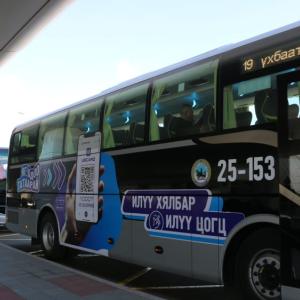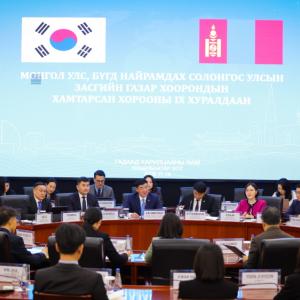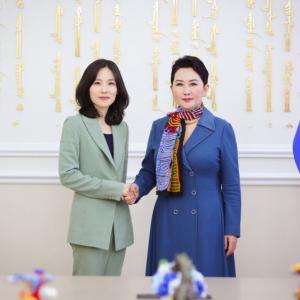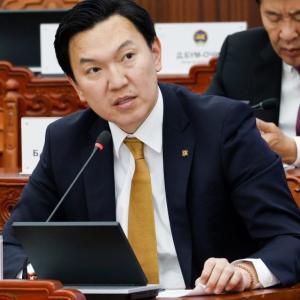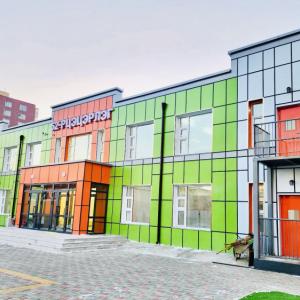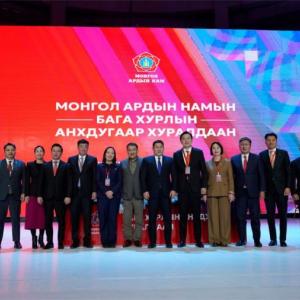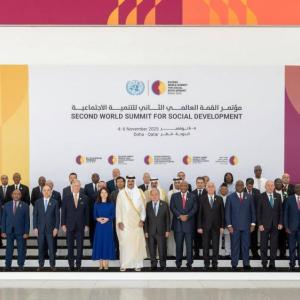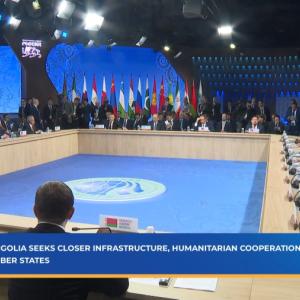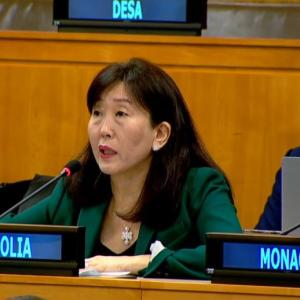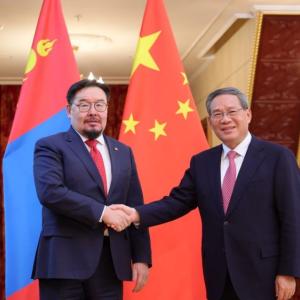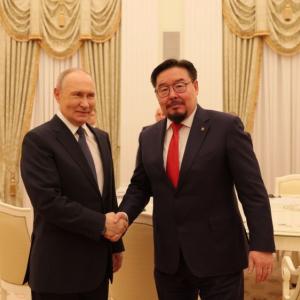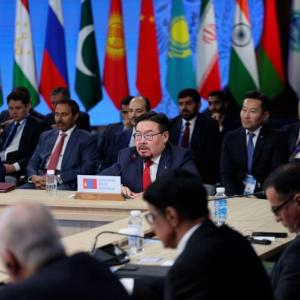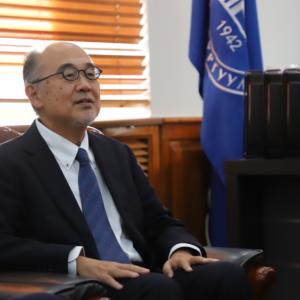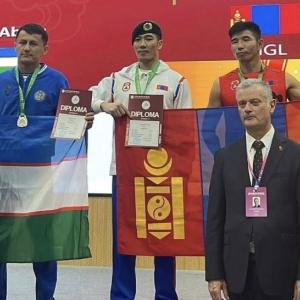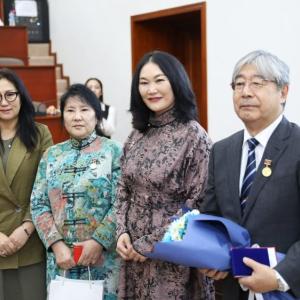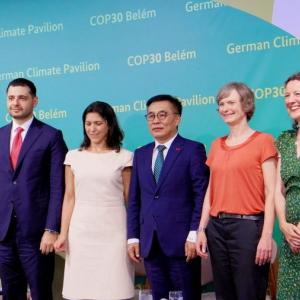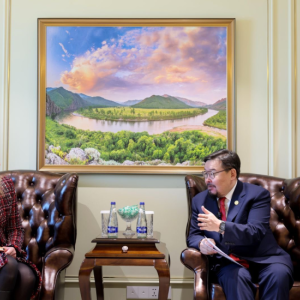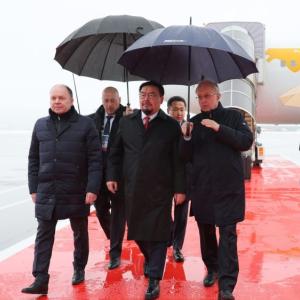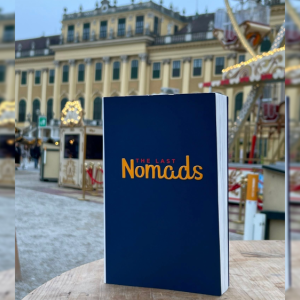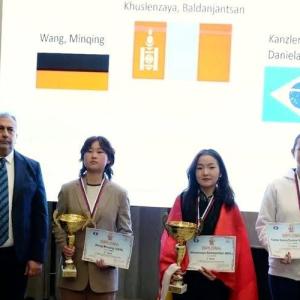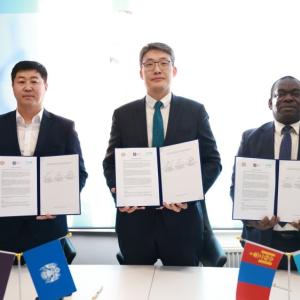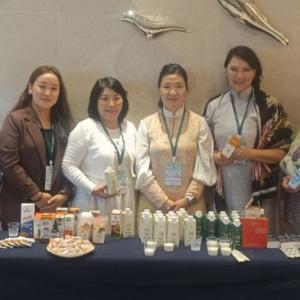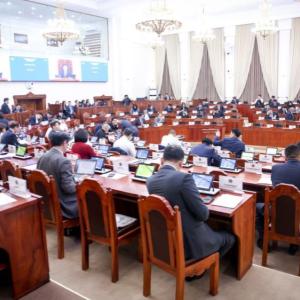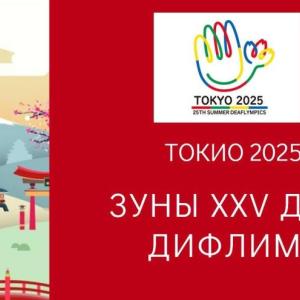Trade Information Portal to boost trade in Mongolia amid pandemic
Economy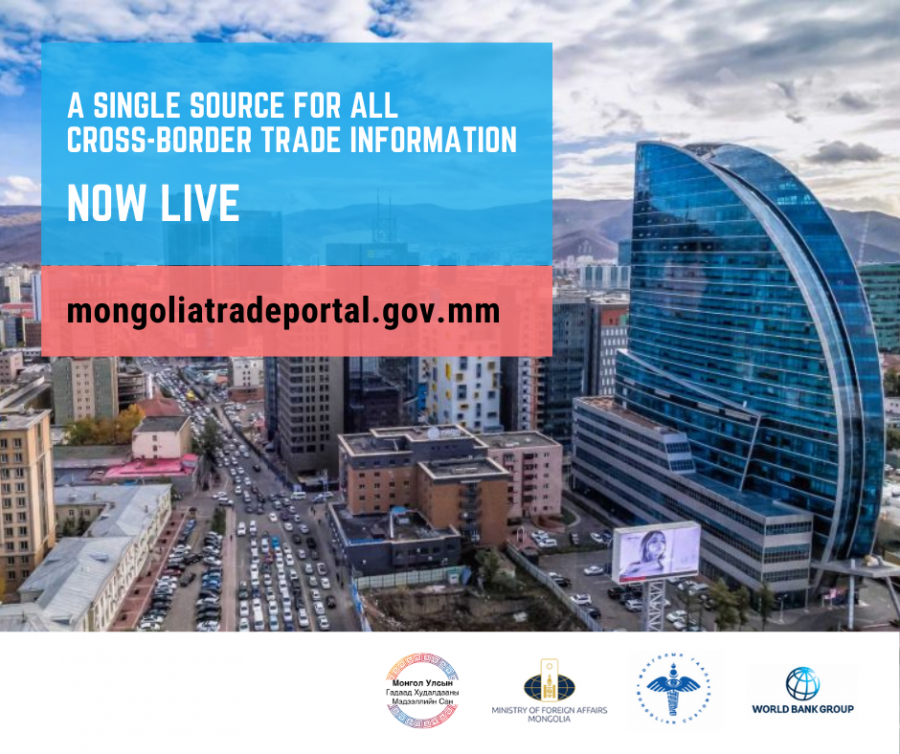
Ulaanbaatar /MONTSAME/. Mongolia's trade environment and procedures are set to become more predictable and transparent with the launch of the Mongolia Trade Information Portal (MTIP).
The new portal, supported by the World Bank Group, aims to make import and export activity easier and less costly for Mongolian businesses, especially micro, small and medium-sized enterprises.
Led by the Mongolian Customs General Administration, the portal is a web-based database system, which makes all international trade-related information available at the stroke of a key, including laws, administrative procedures, guidance notes, forms, licenses, permits, applicable laws, and tariff information.
The new portal also provides information on trade agreements and international organizations or institutions supporting overseas business expansion, as well as tools enabling exporters to perform trade analysis, desk research and market surveys.
"The Mongolia Trade Information Portal is important in improving transparency of legal environment in trade, promoting exports and trade facilitation by providing traders and businesses with instant and one-stop access to foreign trade-related information," said Enkhtaivan Nyamtseren, Foreign Minister of Mongolia. "We are committed to closely coordinating with both public and private stakeholders to ensure the sustainability of the portal."
"The portal will be a game changer for the business community as both importers and exporters will be able to save time and money by having critical information at their fingertips," said Asralt Batbold, Chairman, Mongolian Customs General Administration.
Lack of access to information and inadequate understanding of the required regulatory procedures to import and export are major barriers for the private sector, especially for smaller businesses and new market entrants. Rigorous lockdown measures in response to the COVID-19 pandemic also make it difficult for smaller businesses to obtain the trade forms and documents they need from the government authorities.
"As Mongolia is going through a lockdown, maintaining trade flows is more important than ever in providing access to essential food and medical supplies," said Rufat Alimardanov, IFC's Resident Representative for Mongolia. "We know the global pandemic has caused unprecedented disruption to world trade, so it's critical for Mongolian businesses to be able to access the trade information they need to help spur a resilient recovery."
Mongolia's trade environment has benefited from recent reforms, enabling the country to comply with the World Trade Organization Trade Facilitation Agreement, to which Mongolia is a signatory. Trade facilitation reforms are being spearheaded by a multi-agency National Trade Facilitation Committee (NTFC), which is led by the Ministry of Foreign Affairs and includes representatives from both the public and private sectors.
"Micro, small, and medium-sized enterprises make up 90 percent of all enterprises in Mongolia and they often could not afford specialized trade agents. This online repository offers them an easier, cheaper and faster way to handle their goods. We anticipate that it will help our members sustain their operations during these challenging times and that our members will be active users of the platform," said Amartuvshin Otgondavaa, Chairman, Mongolian National Chamber of Commerce and Industry.
The World Bank Group has been supporting Mongolia to improve trade competitiveness and drive economic diversification. As part of this, the Mongolia Trade Information Portal project is supported by the World Bank Group with funding from the Trade Facilitation Support Program (TFSP). The TFSP is funded by nine donor partners: Australia, Canada, the European Commission, the Netherlands, Norway, Sweden, Switzerland, the United States, and the United Kingdom. This initiative—implemented by IFC and the World Bank—provides assistance to countries seeking to align their trade practices with the World Trade Organization Trade Facilitation Agreement.
 Ulaanbaatar
Ulaanbaatar





